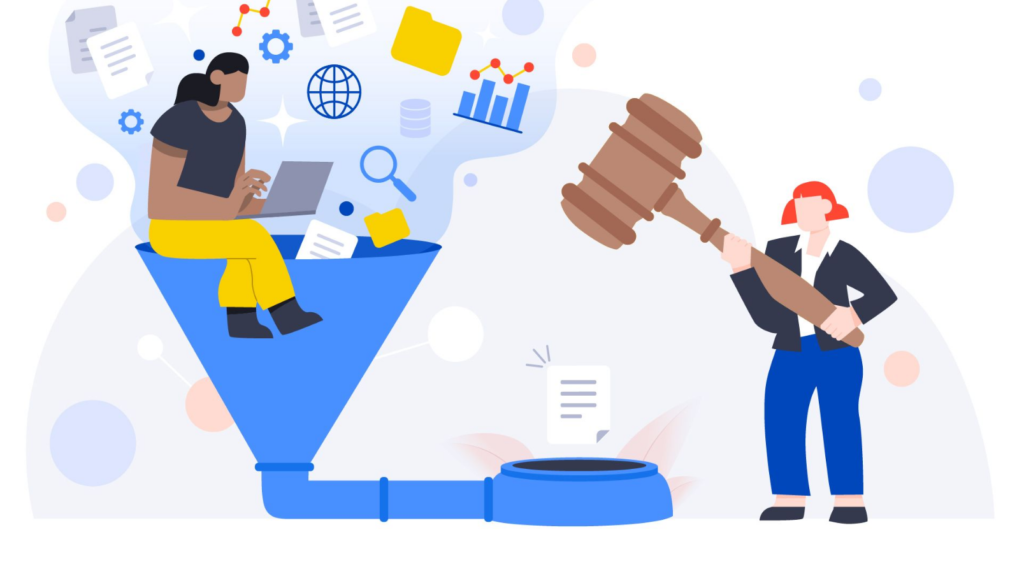Web scraping — what is it and why is it needed
Lists of goods and services, sports analytics, prices, and their differences. All this is successfully done by special programs in our time, there is little point in spending endless hours on the same collection of information but manually. If you tend to automate all these processes, then it’s time for you to figure out what is «Web scraping?»

What is web scraping?
Web scraping is a whole chain of actions and processes from specialized programs, in a fully automatic mode. We are accustomed to calling this data parsing, and the programs that are used for analytics and data collection are parsers. When English speakers “To scrape….” we say «sparse». Thus, we can conclude that scraping before words is not literary at all 🙂 This must be taken into account. These processes have nothing to do with braces and scrubs. Well, only if you do not collect information about them.
How does it work?

To begin with, we launch the program and load the web resource addresses of interest to us there, add the words and phrases of interest to us, numbers, or some other data that we want to collect. When the basic manipulations are done, we launch the “shaitan machine” and it completely displays what we were interested in in a file, the type of which we can also choose, at least load it into Excel. As you wish.
Of course, everything in the file will be neatly and consistently structured, and not just a set of characters, which is logical.
What is the purpose of web scraping?
Not at all illusory. Very often used for commercial purposes, in terms of increasing the efficiency of their sales. You can compare price tags for similar products with your competitors, how they write descriptions or even compare the products themselves with each other. As a result, you will receive all the necessary data, with which you will already work in tandem with an analyst. Of course, you can do it yourself, manually, but how long will it take? But time = money.
It turns out, we conclude: parsing (aka scaping) is done by those who want to analyze their own or someone else’s content. The goals differ from user to user, of course.
What is the place of the proxy in scraping work?

In web data scraping without a proxy, it will not work at all. There are at least 2 reasons for needing proxy server services.
You are ignoring the limit on the number of requests to the website
Perhaps all web resources that are not written in ucoz’e in 2010 have at least some protection against fraud systems. If the site is updated too often, then it will decide that this is a DDOS attack. The ending of such a story is more prosaic than ever — access to the resource will be blocked and you will not be able to receive data from it.
Scraping is a large flow of requests to the site. So there is a very real risk of running into protection. For us to successfully accumulate information from the product we are interested in, we need several IP addresses to deceive the protection system. Of course, much depends on how many accesses to the resource will be compiled.
No one will be happy about the prospect of being a target for scraping and putting various protections on their products, but a proxy still helps to get around most of these situations.
To bypass some anti-fraud systems, a proxy server is used that is the same as the regionally located site server. For example: from a Bulgarian resource, you need to use a proxy concerning Bulgarian IPs.

What and how many proxies do we need?
We recommend using only private proxy servers. Without the confidence that only you use them, any parsing option is simply unrealistic.
As for the question of the number of required proxy servers… Each web resource has its restrictions on repeated requests, and each scraper, depending on the task, also has certain numbers for requests.
On average, you can select from 300 to 600 requests per hour from one IP address. This is the approximate limit of most sites. Well, if there is an option to calculate a more accurate figure for this situation, the arithmetic mean (450) can also fit here.
How many should there be?
It is impossible to say exactly how much to use a proxy for web scraping. Each site has its requirements, and each parser, depending on the task, will have its number of requests.
300-600 requests per hour from one IP address — these are the approximate size limits. It will be good if you find the resource limit with the help of tests. If you do not have such an opportunity, take the arithmetic mean of 450 requests per hour from one IP.
And is it legal?
If you are afraid to collect data from sites, you should not. Parsing is legal. Everything that is in the public domain can be collected because all the information is already in the public domain. She’s not just lying there, is she? 🙂